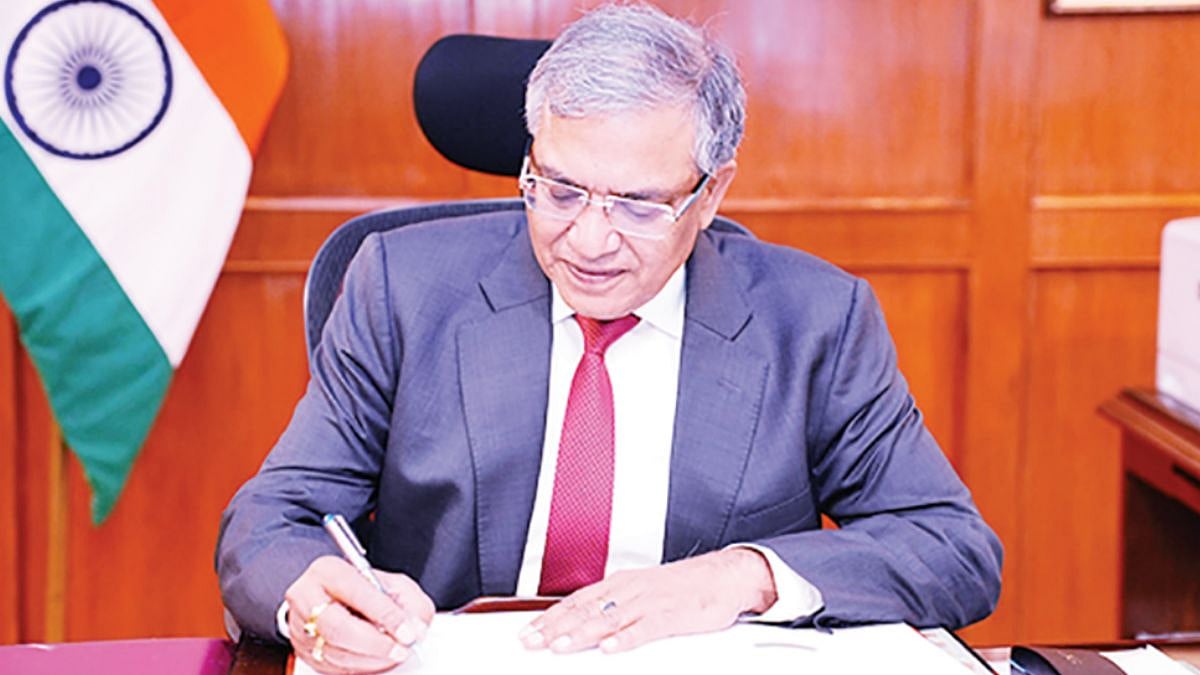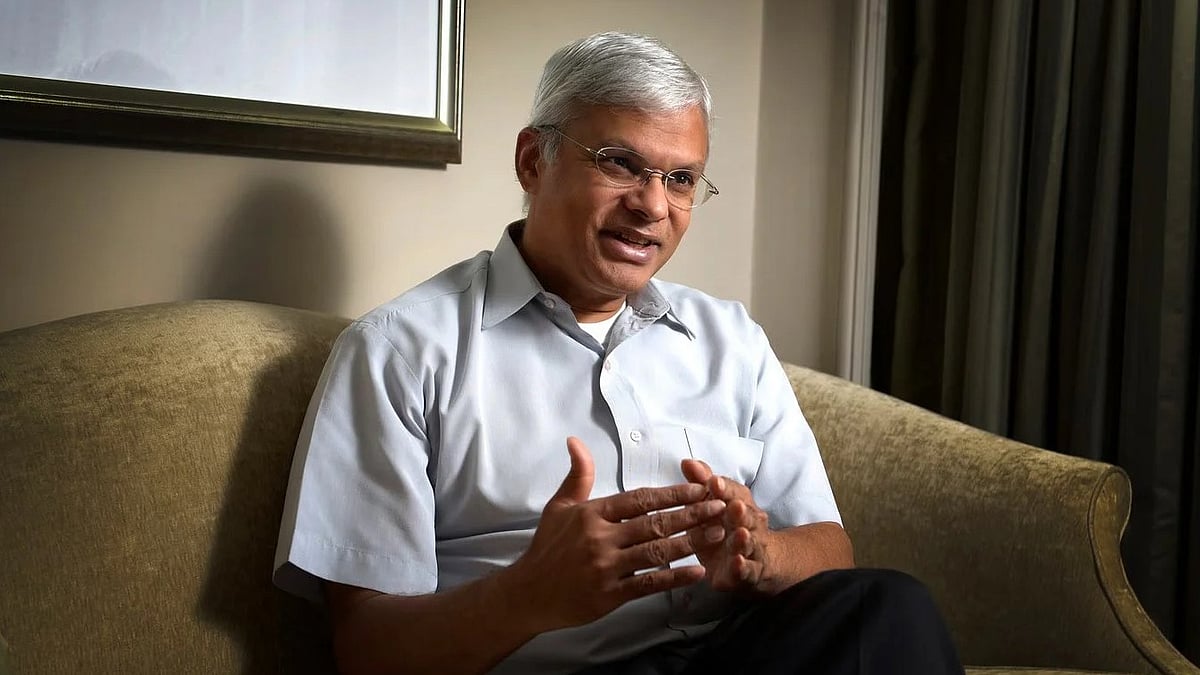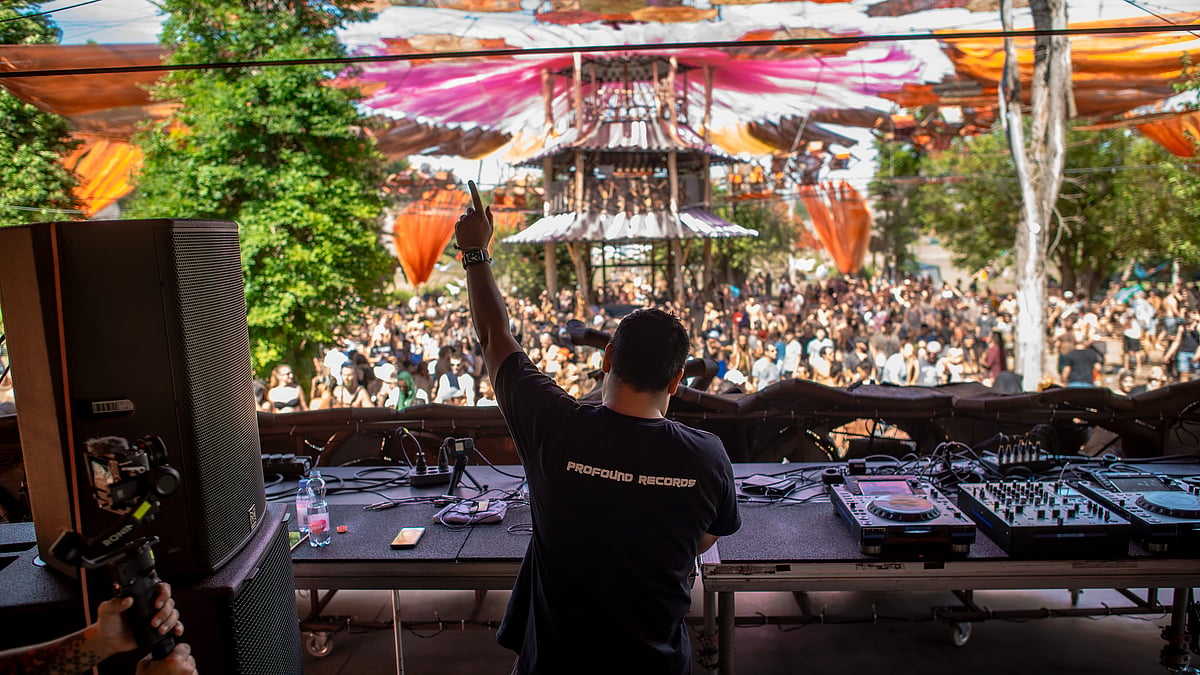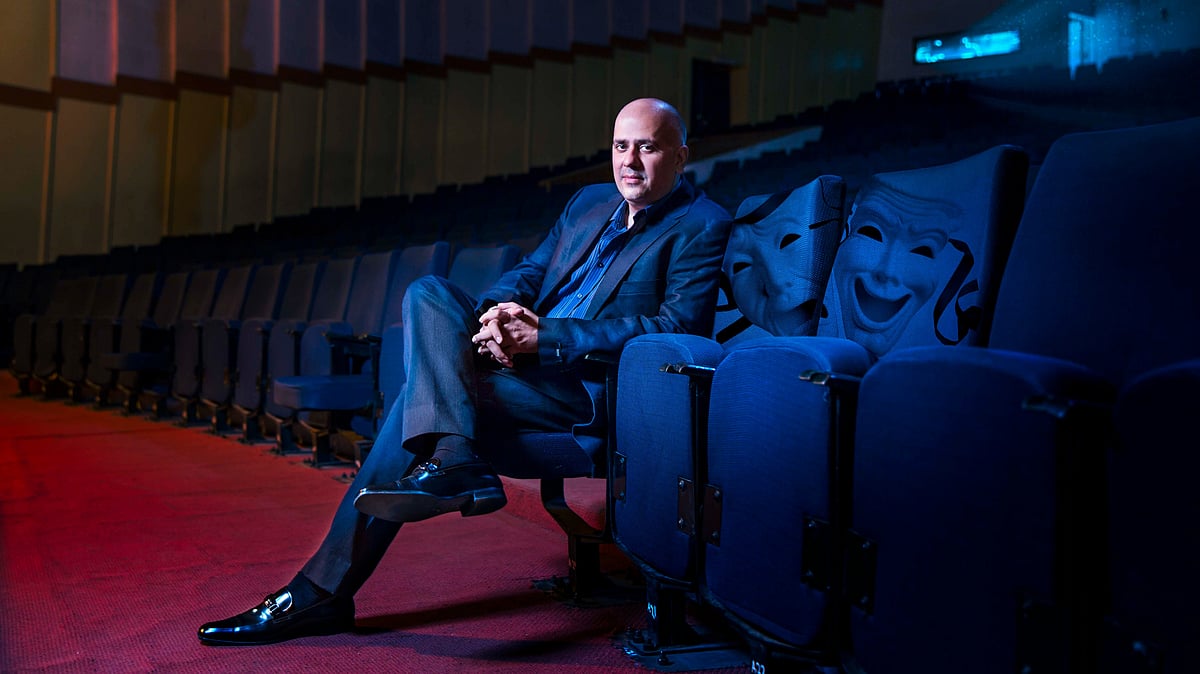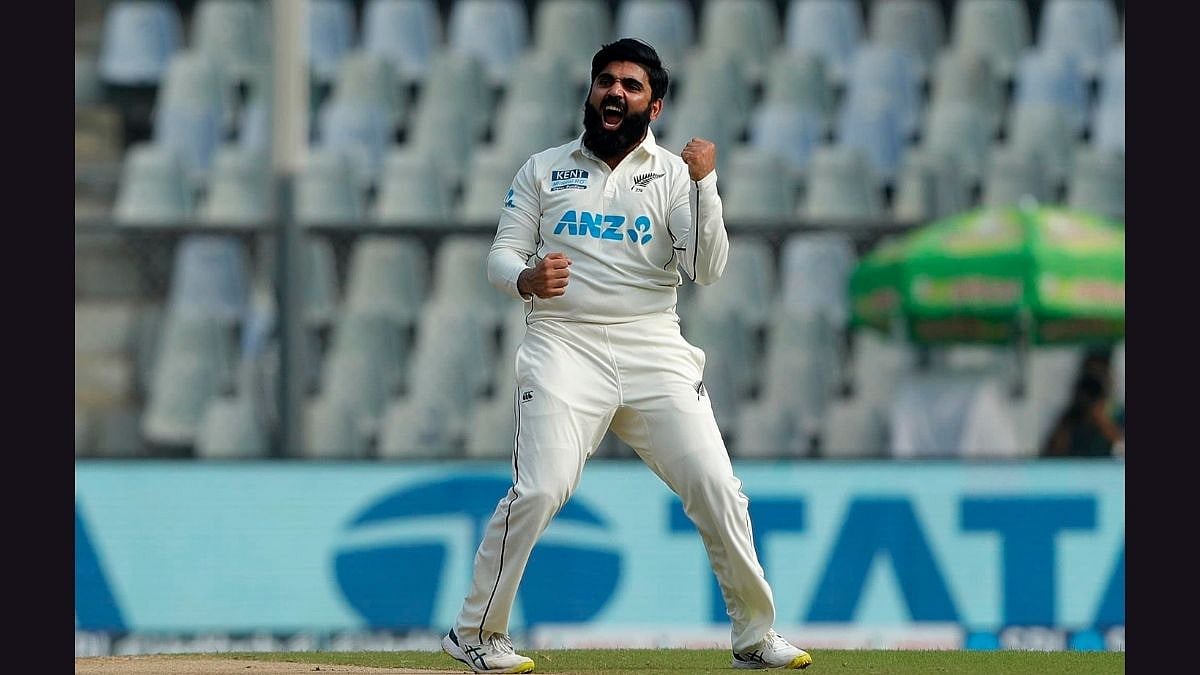English poetry in India has not just come of age but can hold its own on the global stage, feels Indian Menka Shivdasani, who has been writing poetry for over four decades and published four volumes of her poems so far. She has been the wind beneath the wings for 100 Thousand Poets for Change (Mumbai) and the Poetry Circle.
Menka shares her thoughts with The Free Press Journal about the future and the contribution of women poets to Indian English poetry while keeping an optimistic view about the influence of social media and the GenNext on poetry.
Excerpts from an interview:
Indian literature is so vast, varied and rich, where do you think English poetry stands in comparison?
I think Indian poetry in English has moved a long way from the days when writers in regional languages and critics would ask why Indians wrote in English and not in their mother tongues. Back in the 1980s, when I had interviewed Saleem Peeradina, he had said, “This question should be outlawed”. Indian English writers have made the language their own, adapting it to suit Indian circumstances and experience. I agree that Indian literature is vast, varied and rich; this also holds true for Indian poetry in English. The number of people writing in English today is phenomenal, and there are many anthologies being produced. I think women poets today have made a tremendous contribution in terms of strengthening Indian English poetry; they can no longer be marginalised as they once seemed to have been.
As I respond to these questions, I have just received the July-August 2022 issue of the Sahitya Akademi journal Indian Literature. A joint review by Ajanta Dutt of four poetry books begins with the words, “Indian English poets offer a deep sense of commitment to India’s rich heritage of history and culture. Their poetry is often punctuated with arguments of a new age and reinterpretations of past symbols”. I absolutely agree.

Menka with Michael Rothenberg, co-founder of 100TPC, with the Music of the Spheres |
What challenges have you faced to get 100 Thousand Poets for Change and Poetry Circle running?
Funds are always an issue, but I believe that if you want to make something happen, it will. Back in 1986, when Nitin Mukadam, Akil Contractor and I started Poetry Circle, we had no backing of any kind, but magically things seemed to happen. Artists’ Centre offered their space gratis for regular fortnightly meetings (later Nissim Ezekiel opened the PEN office to us); actors like Pearl Padamsee and Rajit Kapoor performed at our anniversary programmes; Cama Hall, American Centre, Nehru Planetarium and Sydenham College willingly agreed to let us have programmes there completely free of charge; Kamala Das came to Bombay for us because her son bore the expenses. I could go on. We just had the conviction that things would work if we tried hard enough and had the courage to ask – and they did.
With 100 Thousand Poets for Change too, Kitab Khana has been extremely supportive. However, I am not in a position to pay poets and other participants, which is something I would like to do. In other countries, audiences at poetry events pay to enter; though a few people have managed to make this work in India, it is not the norm. Most often, organisers are not in a position even to compensate poets their travel expenses. The cafe culture in India opened up many more spaces for poetry but these can be expensive. There are also bookstores that offer space but charge a hefty sum.
So, funds and space have always been challenges, but as an organiser of events I must acknowledge the generous support, both of institutions and individuals in my journey.
On the global stage, how is Indian poetry (original or translated version) received?
I think both original and translated poetry are received very well. Indians have been recognised on the world stage, at festivals and other programmes, and I think some of the poetry books we produce here are world-class, in terms of quality of content and production values. In October 2022, I was invited to participate in the Tanta International Poetry Festival, headed by Mahmoud Sharaf and supported by the Ministry of Culture in Egypt.
How much is the current generation tuned into poetry? With their preoccupation with the social media, reels, videos and pictures having emerged as their forms of expression, does the youth appreciate, follow poetry?
I think the current generation is very tuned into poetry and is using social media to fuel this interest and participation; in fact, I find social media is a double-edged sword because it gives people an immediate opportunity to share their work before it is ready to be shared. Popular forms of poetry may be changing in a social media world, and shorter forms such as haiku – suited to a social media age - are gaining ground. Spoken word poetry, which is accessible and articulates many issues that concern today’s generation, has also gained in popularity.
COVID-19 and the online transformation has taken poetry into the realm of video and allowed for sharing across borders. Youngsters do appreciate poetry – or at least they write it. (Whether they buy poetry books or not is another matter altogether!) And I’ve heard it said that in an age where attention spans are shrinking, poetry, with its few words, has a certain appeal as compared to longer texts. There is a problem somewhere with this argument because though the text may seem to be shorter, the best poetry has many levels of meaning and encourages reflection; I would personally prefer to see it on a page. While social media has its advantages, I am concerned that a certain mediocrity is being applauded and recognised through social media forums.
In the current scenario of ChatGPT and the looming AI takeover of every aspect of our lives, does the art of poetry stand a chance with the future generations?
If we were to believe that ChatGPT and other AI forms were to replace poetry written by humans, it would be a frightening thought indeed. However, I have been reading about this and was also appalled by an experiment someone shared when he asked ChatGPT to write a poem like Shah Abdul Latif, an iconic classical Sindhi poet – at first glance, it seemed quite authentic! But poetry by humans is multi-layered with emotion and nuances that AI will hopefully never be able to replicate.
Where do you draw your inspiration from?
Everywhere. Inspiration can come from great poems written by other poets; from a bird in my garden, a dewdrop on a leaf, reading a scientific article on how meteorites are born, a trip to the Himalayas, my hair turning grey. One never knows where a poem will come from. You have to shut down the chaos in the head, be attuned to your external environment and, more importantly, your innermost voice.
Who is your favourite Indian-English poet?
I have responded to the work of various Indian English poets over the years for different reasons and can’t really say I have one favourite. Nissim Ezekiel’s attention to craft, Kamala Das’ raw honesty, Eunice de Souza’s sharp and pared-down gems, the grace and beauty of Dom Moraes’ writing, Adil Jussawalla’s unflinching gaze at reality……
I have responded to, and learned from, each of these. I think there are some marvellous women writers today as well – some of them very well-known and others who should get far more attention; in terms of the latter, Shikhandin, Basudhara Roy, Suchita Parikh-Mundul and Urna Bose come to mind.

In over 3 decades that you have been writing, you have published four volumes. Is this a conscious decision to hold back from publishing or was there any other reason?
Four decades actually, probably longer. Unfortunately, since poetry does not pay bills, I have always had to deal with deadline-oriented work commitments. But I fundamentally do not believe in publishing too much or too soon. When I was in my 20s, Nissim Ezekiel asked me about this; he said he had been speaking to me about poetry for more than a decade, and I had never expressed an interest in publishing a book. He told me that people who had been writing for just one or two years felt they were experienced enough to publish their collections. I told him I would publish one when I felt ready, and it took me two years after that conversation to get to that point.
For the last couple of years, I have been thinking it might be time to bring out a book. I have taken to writing in a different style now – longer, dialogue poems that would seem out of place with the shorter uncollected poems I have been putting together for a manuscript.
I recently wrote a long poem that was a dialogue between Shiva and Parvati for Kavya Kumbh’s Purush anthology (for which I also wrote the foreword.) This would probably not work if I were to put it into a new collection with the other poems.
The reason I have started writing in this style is that it is suited to the Sindhi folktales that I am retelling in my own voice as a poet. It is a very slow process involving much research and so far, I have only done two – there is a long way to go. Someday, hopefully, I will have done ten of them, enough to put out as a separate collection. Meanwhile, I must get together my new manuscript – it was my plan for last year, but let’s hope it happens in 2023!

